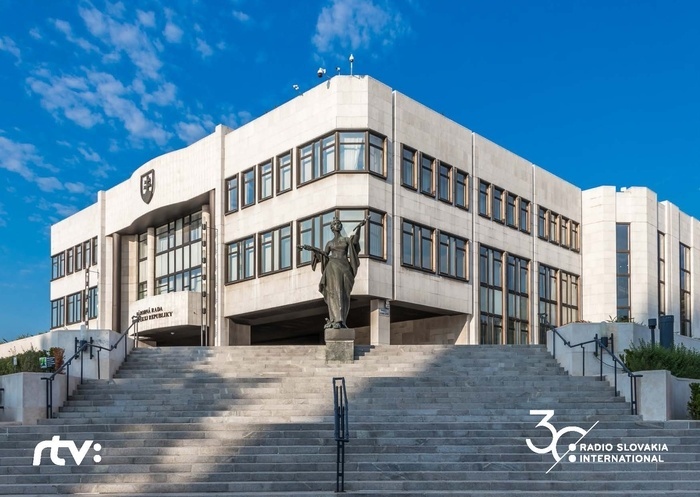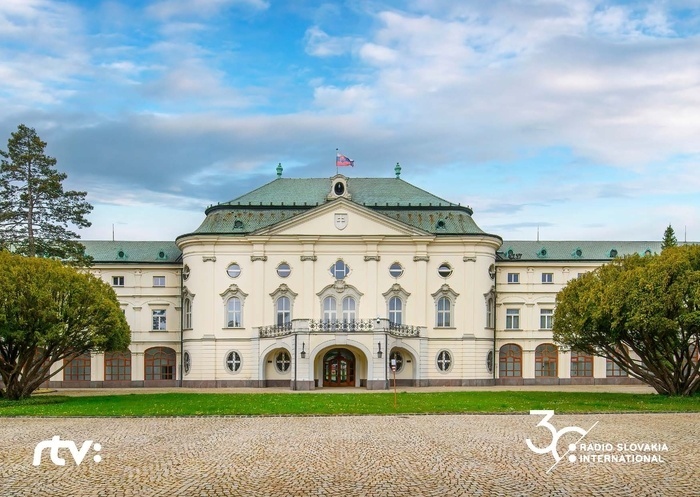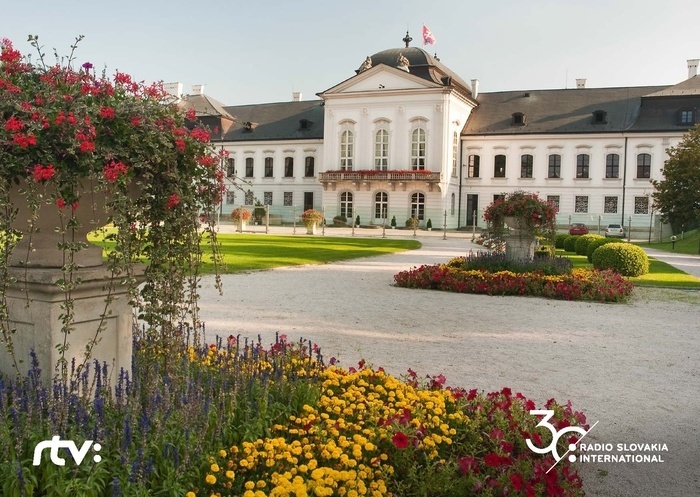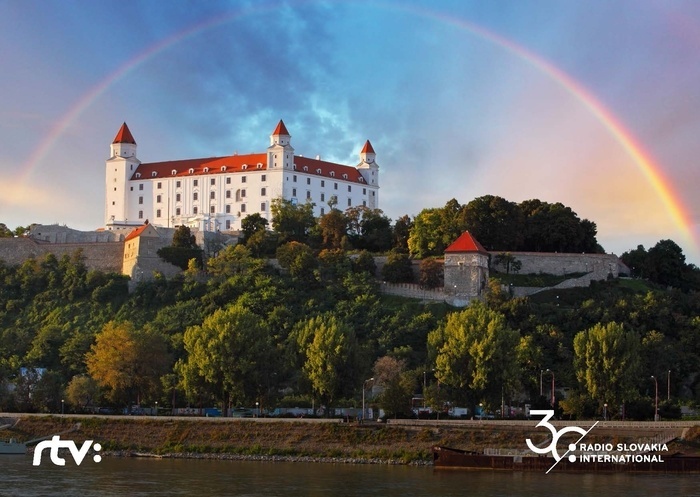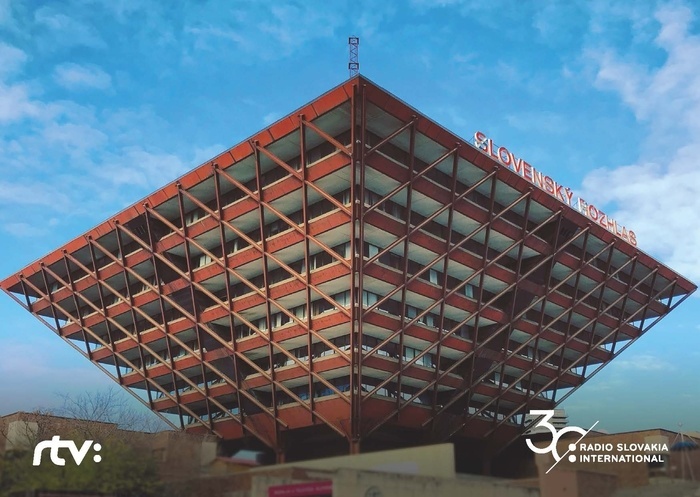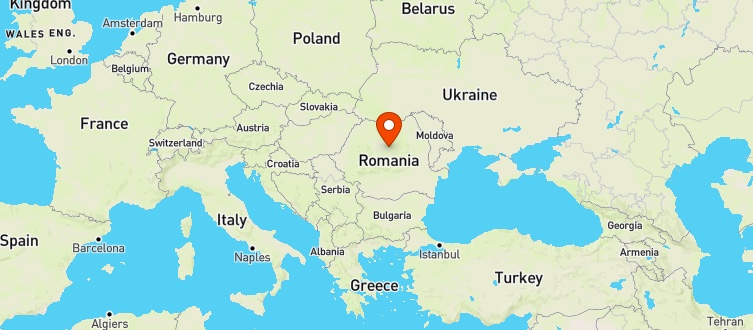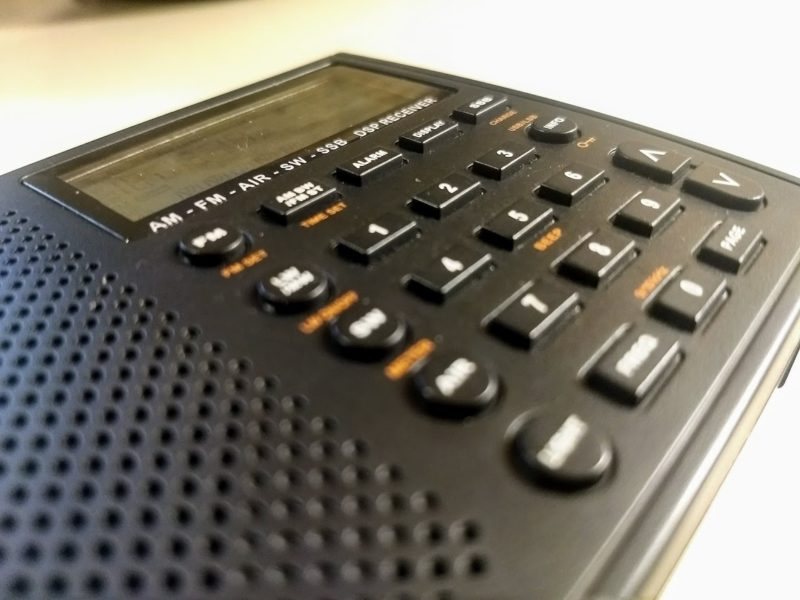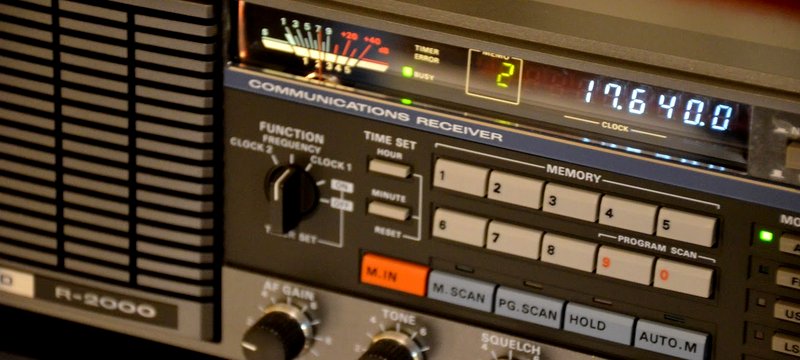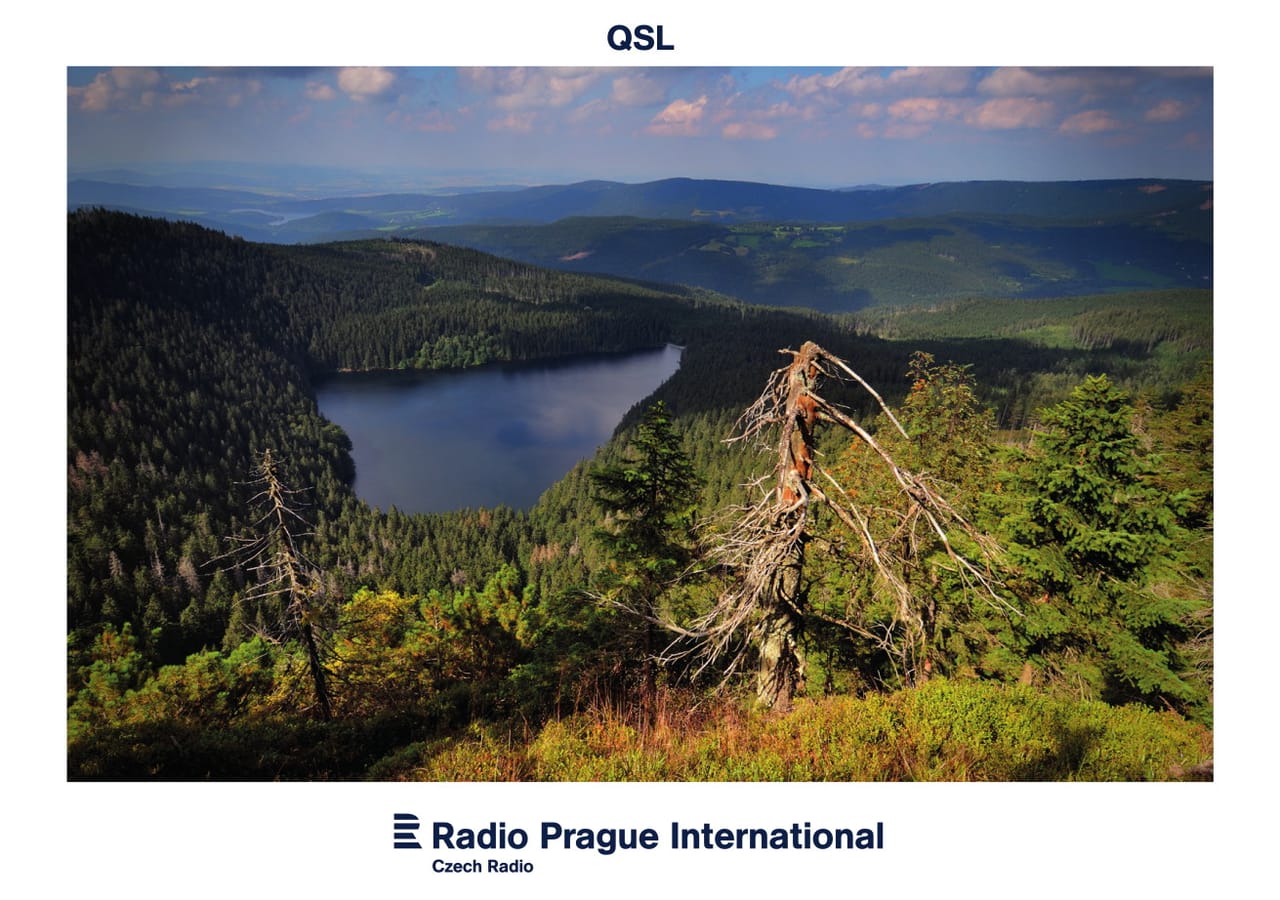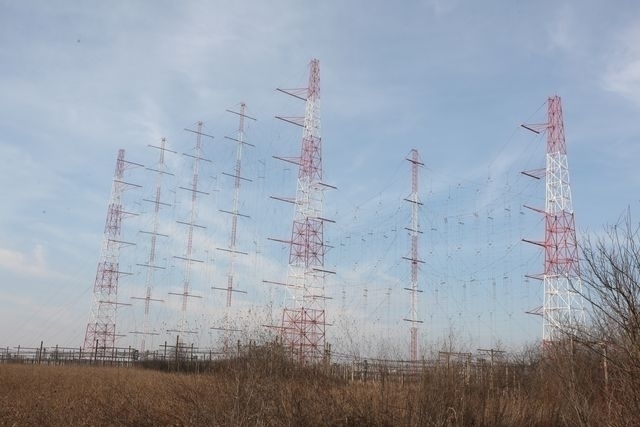
Radio Exterior de España transmits its programming on Short Wave from its broadcasting center in Noblejas (Toledo). Source: RTVE
Many thanks to SWLing Post contributor, David Iurescia, who shares the following announcement from Radio Exterior de España (originally in Spanish):
Temporary suspension of shortwave emission
We inform you that the next few days December 4-5 Radio Exterior de España will be forced to suspend its shortwave broadcasts.
The reason: a cut in the electricity supply, beyond our control, which will affect the shortwave emitting center that Radio Exterior has in the town of Noblejas. The break is due to work that the Unión Fenosa company has to do in the electrical substation from that Toledo municipality and that will affect our facilities.
Consequently, shortwave emission will be suspended next Monday, December 4 and will last until Wednesday, December 6, which will be when the signal resumes.
We apologize for this incident, completely unrelated to the will of Radio Exterior de España.


